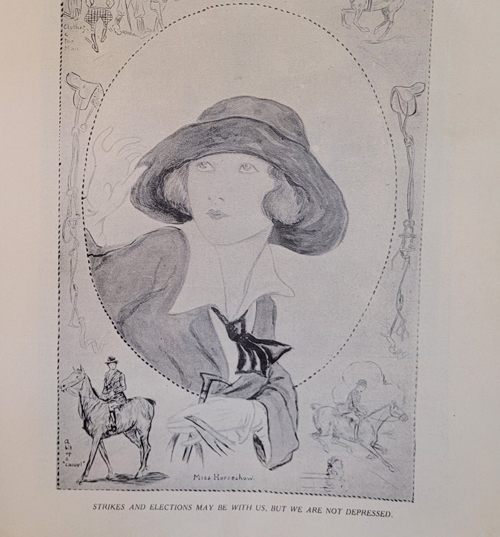Dáil dissolution is expected as soon as Farmers’ and Labour parties oppose election pacts
Dublin, 25 July 1923 - A statement is expected soon announcing the dissolution of the Dáil and the holding of a general election in late August or early September at the latest.
However, the absence of a firm date for voting has not prevented the various political parties from commencing their election preparations as candidates continue to declare and parties set out their positions.
In a signal of his own intentions and that of his anti-treaty followers, Mr. Eamon de Valera has declared that if the people of Clare select him as a candidate he will stand with them. ‘Our opponents make a mistake if they imagine that we are going to remain ‘on the run.’ Mr de Valera is reported to have remarked.
Pathé newsreel footage of last year’s general election, the first to be held after the Treaty split
The Farmers’ Party, meanwhile, has reiterated its position that no negotiations for a political pact or coalition had been, or would be, entered into between those representing agricultural interests and Cumann na nGaedhael. Furthermore, neither the county executives of the Irish Farmers’ Union (IFU) nor the Constituency Conventions to select candidates for the Farmers’ Party, have been given authorisation to make any pact with any party.
The Labour Party has likewise rejected the prospect of entering pacts. Indeed, addressing a party demonstration in Rathdowney, Co. Laois, at which the party’s leader attended, Mr. William Davin TD, warned the people against the kind of dishonesty and insincerity shown in April or May 1922 when a pact was reached by pro and anti-Treaty elements, which he said was responsible for all the destruction and suspicion that had occurred in the country for the last 12 months.
The Farmers’ Party and Labour Party are also at one in supporting the granting of voting rights to internees. Indeed, the Farmers’ Union Executive expressed its concern at a statement attributed to President Cosgrave to the effect that political prisoners would be deprived of their right to vote in the forthcoming election. A resolution adopted by the Executive declared that ‘even if they cannot preferably be released to vote in the usual manner, at least arrangements must be made to have the votes of those who, if free, would be entitled to vote, recorded.’
The next Dáil will consist of 153 TDs, up from the 128 that were elected to the current Dáil. Six of the new Dail’s members will be returned from the Universities - 3 each from Dublin University and the National University - with a further 20 being returned from the three boroughs of Dublin north and South and Cork. The remaining constituencies, organised around counties or parts of counties or combinations of countries, will return 127 deputies. These constituencies vary from 3-seaters in the case of Louth, Meath, Monaghan, Wicklow and Cork North to eight seaters in the case of Donegal and Dublin. Galway alone will return 9 TDs.
[Editor's note: This is an article from Century Ireland, a fortnightly online newspaper, written from the perspective of a journalist 100 years ago, based on news reports of the time.]





















